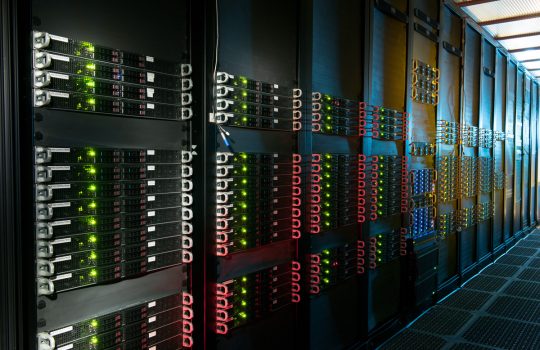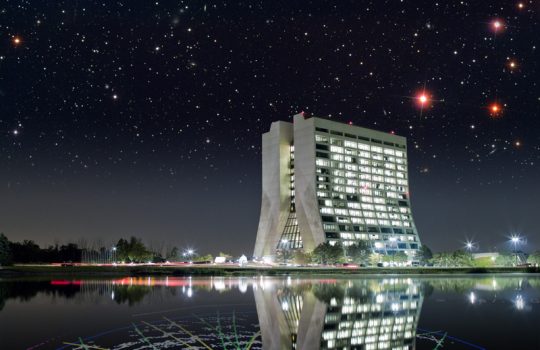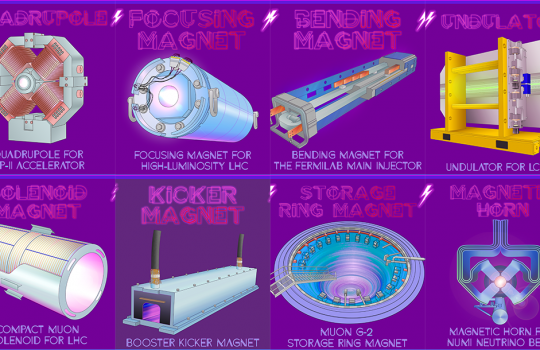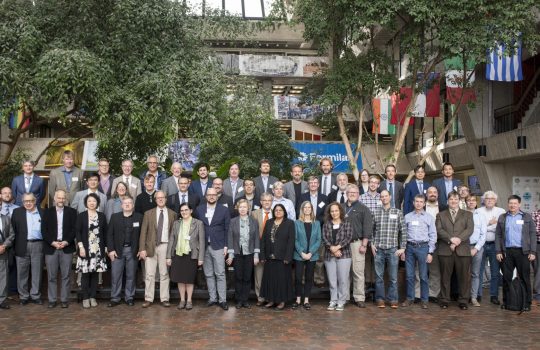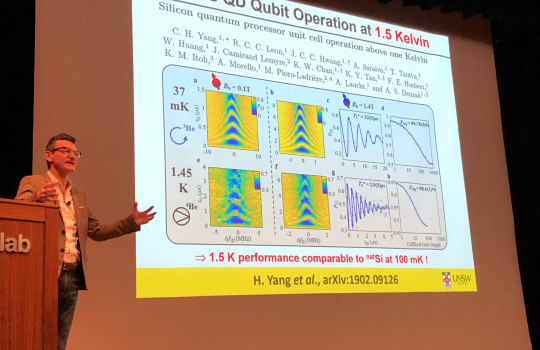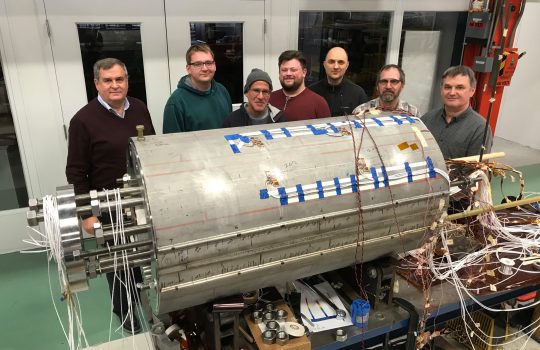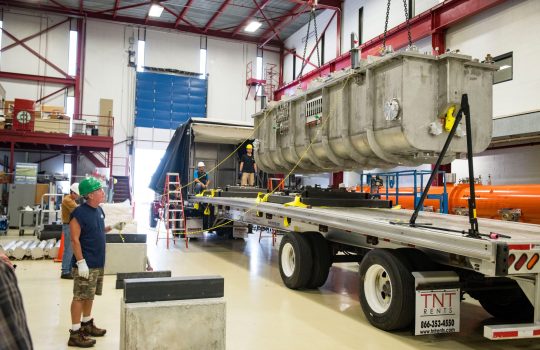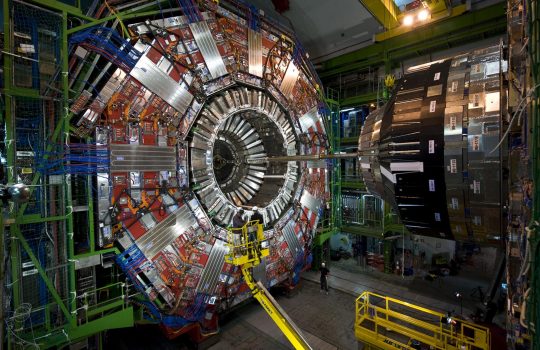Fighting COVID with computing: Fermilab, Brookhaven, Open Science Grid dedicate computational power to COVID-19 research
Scientists and engineers at Fermilab and Brookhaven are uniting with other organizations in the Open Science Grid to help fight COVID-19 by dedicating considerable computational power to researchers studying how they can help combat the virus-borne disease.

